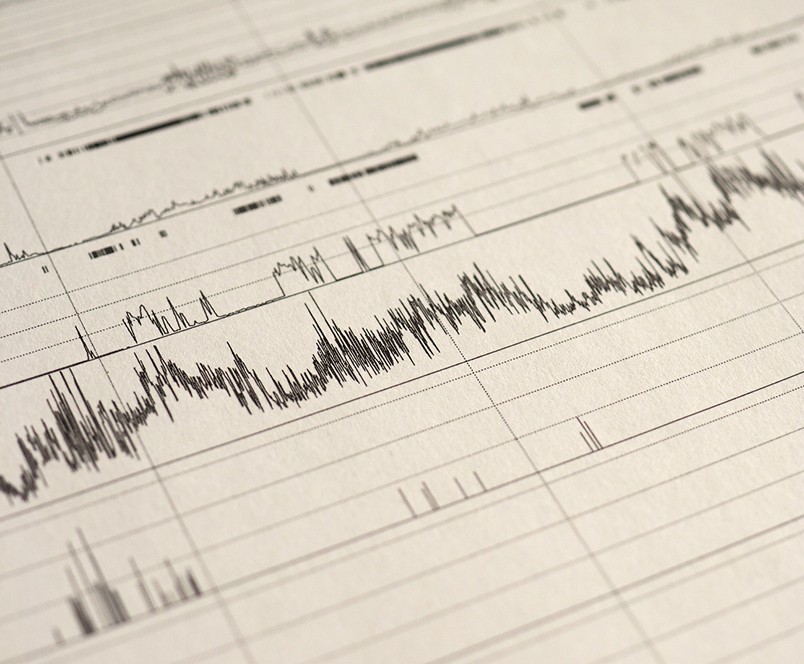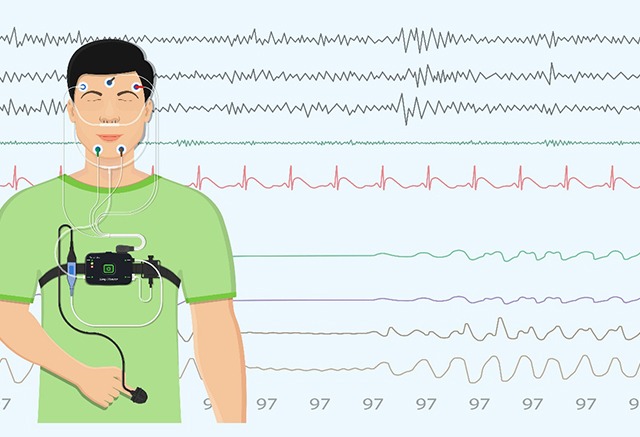Diagnosing Sleep Apnea – Tulsa, OK
Treatment Begins with an Accurate Diagnosis

To begin treatment for your sleep apnea, you must first receive an accurate diagnosis. This will determine whether sleep apnea is the condition that you have and may help to pinpoint what is causing it. By addressing your symptoms and tackling the root of the problem, we will do everything we can to provide you with the good night’s sleep that you deserve. Continue reading to learn a little bit about how we diagnose sleep apnea in Tulsa. If you have any questions or concerns, don’t hesitate to give us a call.
Medical History

Gathering your medical history is one of the key first steps to giving you a diagnosis. We will ask you about your symptoms and signs of sleep apnea, including:
- If you snore, have insomnia, or feel exhausted often.
- If you have a family history of sleep apnea or other sleep conditions.
- If you have risk factors, like obesity, tobacco use, or excessive alcohol use.
- If you have conditions related to sleep apnea, like hypertension or type 2 diabetes.
Physical Exam

After we discuss your medical history, we will perform a physical exam to see if you could be at elevated risk for sleep apnea. Things like a larger-than-average neck or enlarged tongue or tonsils can make the airway more likely to become blocked throughout the night. The size of your jaw and the resting position of your tongue also matter. A smaller jaw can lead to restrictions in the upper airway when lying down.
Ruling Out Other Factors

It’s not common, but there are other factors, like hormone levels and medications that can also contribute to sleep apnea symptoms. Even being in a high-altitude area over 6,000ft can result in sleep apnea-like symptoms for a few weeks.
Sleep Study

If your medical history and exam give us reason to believe that you may have sleep apnea, your dentist will recommend that you complete a sleep test. This involves you wearing a device that will monitor your breathing, heart rate, and brain activity while you sleep. This data will then be evaluated so we can determine whether or not you have sleep apnea. Then, we can recommend treatment options accordingly.
